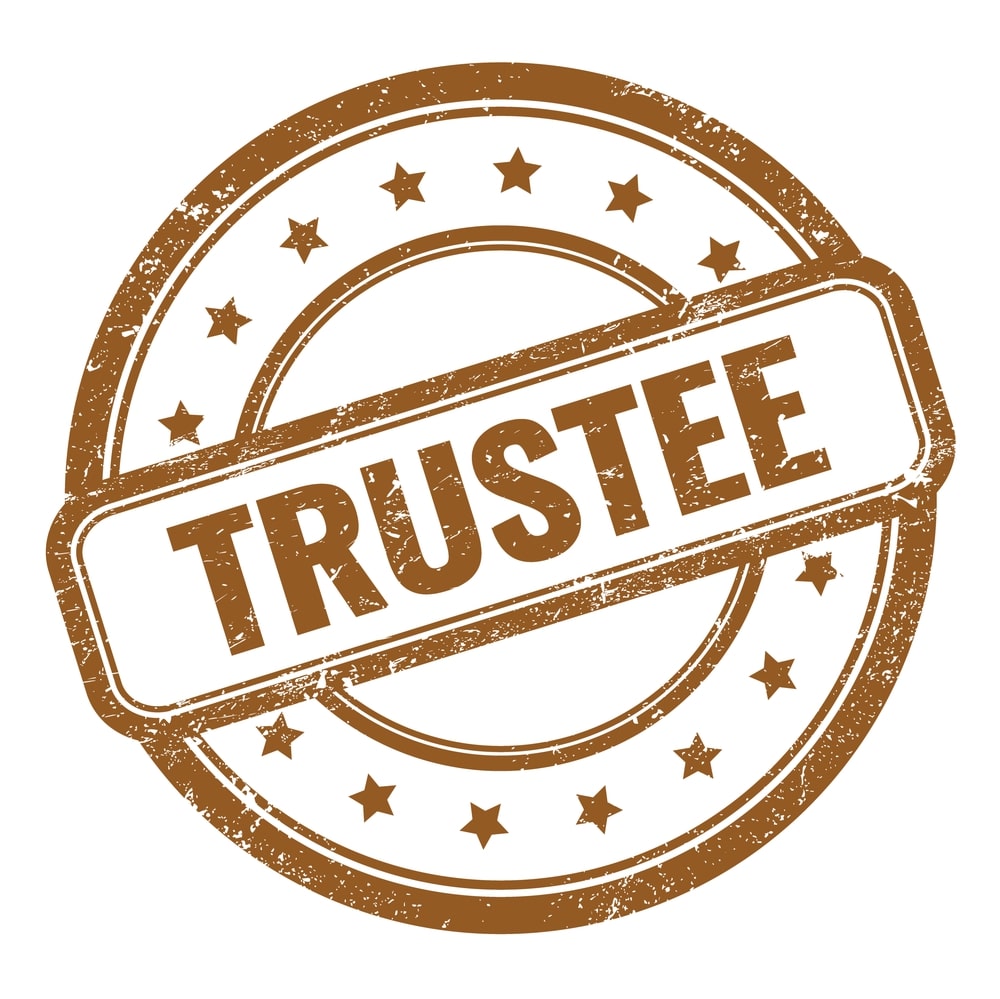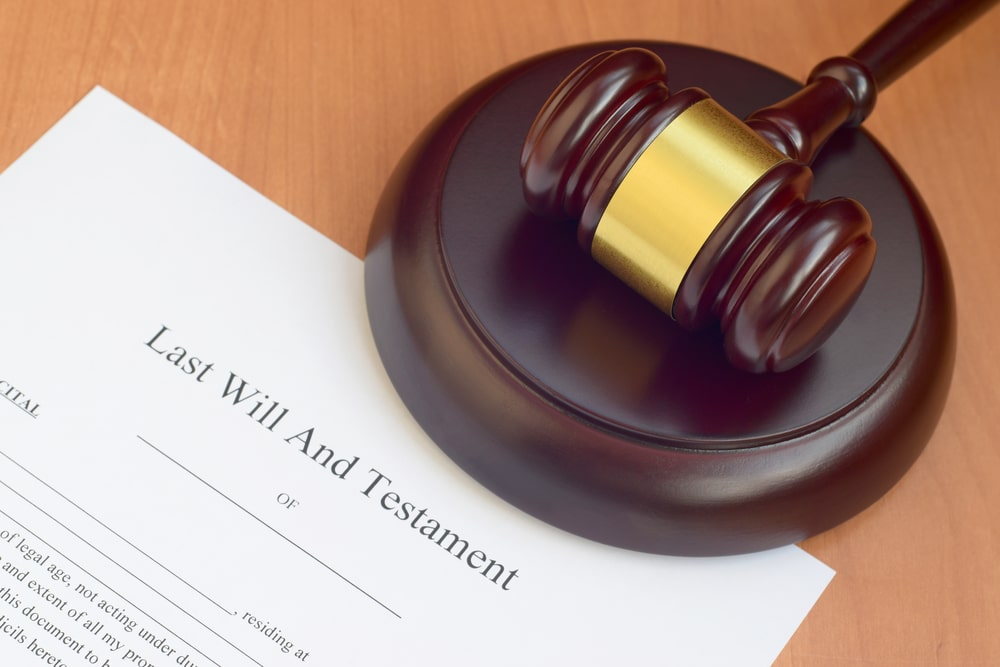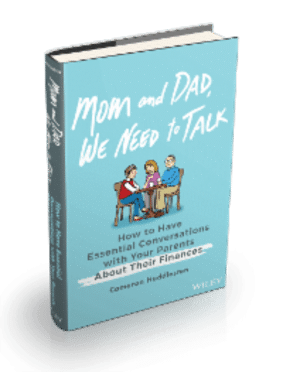While many people avoid estate planning for years or even decades because the process is traditionally thought to be emotional, tedious, and time-consuming, we are here to make the process of assembling your estate plan as painless as possible.
Our Approach to Estate Planning

A Process Catered to Your Situation
Part of our role as comprehensive wealth planners is to help you understand the most important elements of estate planning for your situation and to support you in getting the process underway and then revisiting it at timely intervals.
For many clients, we serve as part of an overall estate planning team which usually includes an estate planning attorney.
A Light and a Guide In the Darkness
When estate planning is done right, you and your family members will know exactly what you need to do when something like a catastrophic health event or death occurs. This will provide you with true peace of mind in an otherwise difficult situation.

STEP 1
Understand Your Situation
When considering everything you're planning for, we consider who you are planning for, what situations you need to address (i.e., financial wellbeing for a spouse or children, caretaking for children or those with functional needs, etc.), and what’s most important to you. While we don't create estate planning documents for you (this is a job for your attorney), we're able to participate in conversations with you and your attorney. We can also refer you to a “best fit” attorney based on your needs, personality, and geographic location.
STEP 2
Plan For Your Situation
Our primary goal is to help you understand how we can position you financially to best support your estate planning needs. This includes reviewing your investments related to risk tolerance, growth expectations, and timing; planning for potential liquidity needs; identifying tax (estate and income) strategies that minimize estate taxes; setting up trusts; recommending techniques to effectively transfer wealth to heirs and beneficiaries; and identifying and setting up charitable giving strategies such as donor advised funds.
STEP 3
Review, Record, and Act Upon Documentation
In this step, we review your estate planning documents to ensure your financial documents, especially beneficiaries, are updated to match your intentions. We also make sure assets are titled correctly and your plan is funded. When this does not occur, you (or someone you love) often ends up back in probate court. This includes having the proper power of attorney (POA) documentation on file. Our secure, online vault, accessible from anywhere, serves as a great place to store estate planning paperwork securely.
STEP 4
Educate & Engage
When your documentation is complete and your financial records are updated, it is helpful to provide education and support to key people in your estate plan. This includes your personal representative/executor, powers of attorney, advocates, and trustees. Most people who agree to take on these roles (let alone those who don’t know they've been appointed) don’t really know what they've signed up to do. We help our clients have these conversations with key family members and friends and provide resources on our website.
STEP 5
Revisit & Update
Though we wish we could report otherwise, estate planning is an ongoing activity. Situations change – people pass away, relationships change, hopes and expectations change, and tax laws change – and that means your estate planning documents should be reviewed no less than every five years to stay current. When changes are made, the process restarts at the top, though it can generally be completed at a reduced price with generally minor updates.

Carrying Out Your Wishes According to Plan
For our clients with complicated situations, we have access to and work in collaboration with both Raymond James Trust Company and other trust companies. They serve as a third-party trustee, which can be very helpful in ensuring that your wishes are carried out according to plan, pun intended.
Other Benefits Of Working With a Trust Company
Working with a trust company can also help family members avoid disagreements. They work closely with other key members of your team, such as a CPA, attorney, and financial advisor. Finally, they are a fiduciary, which means it is their responsibility to always act in your best interest and according to your documented wishes.
Other advantages to trusts can include:
• Avoiding probate court and protecting the privacy of your estate.
• Providing potential creditor protection while you are living and after you’ve passed.
• Offering more flexibility and control over assets, including how they are distributed.

When should I update my estate planning documents?
Update your estate planning documents when any of the following occur, though this list is not all-inclusive:
- When you buy or sell a property or move to another state as your primary residency
- When your goals have changed
- When you retire
- When you marry or divorce
- When someone named in your estate plan dies
- When you have a child
- When you have a significant financial event (inheritance, win the lottery, etc.)
What is the difference between a will and an estate plan?
A will, also known as a last will and testament, is a legal document that outlines how a person’s assets and belongings should be distributed after their death. It allows the individual to name beneficiaries who will receive assets, as well as appoint an executor who will oversee the distribution process. A will can also include other important provisions such as guardianship for minor children and funeral arrangements. A will only takes effect after an individual’s death and must go through the probate process, which is the legal procedure to validate the will and administer the estate.
A trust is a legal arrangement in which an individual, known as the grantor or settlor, transfers assets to a trustee to manage and hold for the benefit of one or more beneficiaries. Trusts may be more complex than wills but can offer other benefits. These include the potential to avoid probate court, providing privacy, and allowing for more control over the distribution of assets. They can also be used for specific purposes like managing assets for minor children, ensuring ongoing care for dependents with functional needs, or philanthropic endeavors. Trusts are particularly useful for individuals with significant assets, complex family dynamics, functional needs dependents, or when privacy is important.
When do I need a Power of Attorney (POA) and what do they do?
Consider having POA documents when you turn 18.
A POA is someone that you have granted the legal authority to act on your behalf and make decisions on specific matters. The person serving as a POA does not need to be an actual attorney. A scope is given to this authority, broad or limited. There are several types of POAs, some financial and others healthcare-related. The designation of POAs may be done in the process of working with an attorney to develop an overall estate plan.
What is included in an estate plan?
An estate plan is tailored to each person’s situation and aims to minimize taxes, simplify the distribution process, and protect assets. It can include strategies for incapacity planning and ensuring that someone can make financial and medical decisions on your behalf. An estate planning attorney generally leads the creation of a will and trust – two key elements of an estate plan.
Blogs & Podcast Episodes on Estate Planning
The Costs of Probate Court
We’ve had a few articles in our newsletters this year covering the potential disadvantages of having an estate end up …
Read MoreShould I Update My Estate Plan?
Estate Plan As those of you who have gone through the estate planning process know, there are a lot of …
Read MoreTo Trustee or Not to Trustee
Boy, oh boy, the roles and responsibilities of a trustee are extensive. It is not the type of job you …
Read MoreThe Ins and Outs of Probate Court
Insights into probate court The Ins and Outs of Probate Court, which could become a part of your heir(s) future …
Read MoreWe Need to Talk…
Those words can strike fright, or at least trepidation, into many of us. In this case, we mean talking about …
Read MoreEpisode 8: How will you pay for assisted living?
The average cost of a private, single room in an assisted living facility is $4,500 per month? How will you …
Read More





